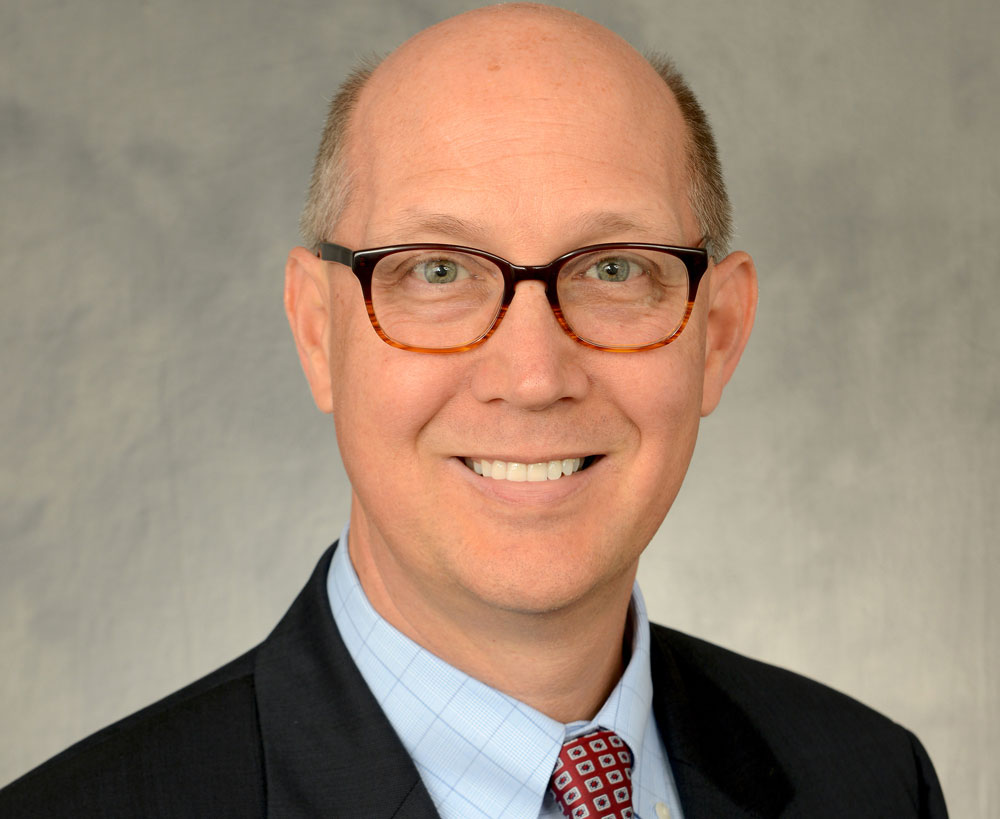This is Our Time to Lead
Apr. 24, 2020
The world is at a pivotal inflection point, when virtually everything about how we live and work is changing in profound and unprecedented ways. People everywhere are searching for guidance and insight to help them understand, process and adapt to circumstances that are suddenly beyond their control.
As communications professionals, it is essential, and indeed our responsibility, to consistently provide bold leadership to our organizations, our clients and our communities. We must serve as models of ethical, credible and authoritative behavior, not only through what we do but how we do it, not only through what we say but how we say it.
In all forms, from simple sentences to the most intricate strategy, process or policy, the act of communicating in a straightforward and authentic manner needs to be at the heart of acclimating to a sense of the new normal.
Earlier this month, in response to what he called “a dangerous epidemic of misinformation,” U.N. Secretary-General António Guterres announced a new United Nations Communications Response Initiative to help counter the widespread inaccuracies and half-truths circulating across the internet by providing a wealth of “facts and science.” Around the world, he said, people are scared, and they want to know what to do and where to turn for advice.
This and other important calls to action should serve as inspiration to each of us to emphatically serve as valued and authoritative information resources. We do this not only through our own expertise but also as trusted guides to finding and delivering relevant and reliable information.
And our proactive, strategic and forthright counseling must remain strong within our own organizations to ensure its wide and meaningful impact beyond them. The role we play in helping to advise and support the C-suite is increasingly recognized and valued, and will only grow in importance as the media landscape continues to fragment.
It is also crucial for us to keep in mind that, while it is a stressful, disconcerting and disorienting time, the information, messaging and data we are responsible for must not reflect any of those qualities. We need clarity, not confusion; honesty, not obfuscation; civility, not discord.
And like it or not, there have been and always will be individuals and groups willing and eager to call us out for what they see as purposefully spreading disinformation, pushing hidden agendas and spinning the truth. We can try to ignore them but, instead, I suggest we use these instances to serve as a constant reminder of how critical it is to research and verify facts, synchronize messaging and respect your various constituencies. These are the tenets on which professional, ethical communications is based.
We are all struggling to make sense of the heartbreaking, tragic events taking place around the globe, and trying to do what we can to help each other cope, persevere and adjust, one day at a time. When the crisis finally starts to dissipate — and it will — many of the disruptions will be incorporated in some shape or form into the fabric of our lives. More than ever, there will be a need for calm, steadying and supportive voices at every level of society.
Each of us now has the opportunity not only to continue the important services we provide, but also to recommit ourselves to our profession, to reinvigorate our sense of purpose, and to reaffirm our mission to serve as fierce guardians of and advocates for truthful, transparent communication. We are more than up to the task, we are in this together and we will continue to move forward.
T. Garland Stansell, APR
2020 PRSA Chair

